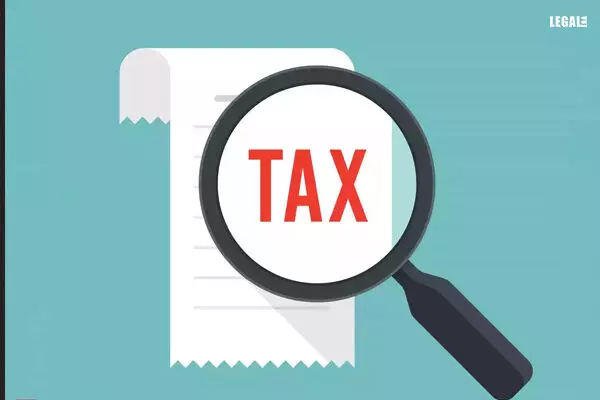- Home
- News
- Articles+
- Aerospace
- AI
- Agriculture
- Alternate Dispute Resolution
- Arbitration & Mediation
- Banking and Finance
- Bankruptcy
- Book Review
- Bribery & Corruption
- Commercial Litigation
- Competition Law
- Conference Reports
- Consumer Products
- Contract
- Corporate Governance
- Corporate Law
- Covid-19
- Cryptocurrency
- Cybersecurity
- Data Protection
- Defence
- Digital Economy
- E-commerce
- Employment Law
- Energy and Natural Resources
- Entertainment and Sports Law
- Environmental Law
- ESG
- FDI
- Food and Beverage
- Gaming
- Health Care
- IBC Diaries
- In Focus
- Inclusion & Diversity
- Insurance Law
- Intellectual Property
- International Law
- IP & Tech Era
- Know the Law
- Labour Laws
- Law & Policy and Regulation
- Litigation
- Litigation Funding
- Manufacturing
- Mergers & Acquisitions
- NFTs
- Privacy
- Private Equity
- Project Finance
- Real Estate
- Risk and Compliance
- Student Corner
- Take On Board
- Tax
- Technology Media and Telecom
- Tributes
- Viewpoint
- Zoom In
- Law Firms
- In-House
- Rankings
- E-Magazine
- Legal Era TV
- Events
- News
- Articles
- Aerospace
- AI
- Agriculture
- Alternate Dispute Resolution
- Arbitration & Mediation
- Banking and Finance
- Bankruptcy
- Book Review
- Bribery & Corruption
- Commercial Litigation
- Competition Law
- Conference Reports
- Consumer Products
- Contract
- Corporate Governance
- Corporate Law
- Covid-19
- Cryptocurrency
- Cybersecurity
- Data Protection
- Defence
- Digital Economy
- E-commerce
- Employment Law
- Energy and Natural Resources
- Entertainment and Sports Law
- Environmental Law
- ESG
- FDI
- Food and Beverage
- Gaming
- Health Care
- IBC Diaries
- In Focus
- Inclusion & Diversity
- Insurance Law
- Intellectual Property
- International Law
- IP & Tech Era
- Know the Law
- Labour Laws
- Law & Policy and Regulation
- Litigation
- Litigation Funding
- Manufacturing
- Mergers & Acquisitions
- NFTs
- Privacy
- Private Equity
- Project Finance
- Real Estate
- Risk and Compliance
- Student Corner
- Take On Board
- Tax
- Technology Media and Telecom
- Tributes
- Viewpoint
- Zoom In
- Law Firms
- In-House
- Rankings
- E-Magazine
- Legal Era TV
- Events
ITAT rules on TDS credit not being deposited with the government
Citing the Gujarat High Court verdict, the tribunal favors the assessee
The Surat Bench of the Income Tax Appellate Tribunal (ITAT) has allowed a claim of Tax Deducted At Source (TDS) credit to the assessee by observing that it cannot be rejected if the deduction is already done by the employer/deductor and the income tax department can recover the same from them any time.
The bench comprising Pawan Singh (Judicial Member) and Dr. A.L. Saini (Accounts Member), while granting relief to the assessee, observed, "The assessee had received the rent income, and the tenant deducted the TDS. But he did not deposit the TDS into the Central government's account. Considering these facts, we note that the issue under consideration is no longer res integra."
The assessee, Liladevi Dokania had approached the tribunal claiming that while paying the rent to her, the tenant had deducted the TDS from the payment, but he did not deposit it in the government's account. She claimed the entire TDS amount as credited against the tax payable. However, since the deductor (tenant), did not deposit the TDS amount to the credit of the government account, it was not reflected in Form 26AS of the assessee. The Assessing Officer (AO), therefore, rejected the TDS credit claim.
The bench pointed out the ruling of the Gujarat High Court in the Kartik Vijaysinh Sonavane case where TDS was deducted by the employer of the assessee and it was open for the department to recover the same from the employer. The court had ruled that the assessee could not be denied the credit.
The tribunal observed, "We direct the AO to verify the claim of the assessee and allow credit of TDS in accordance with the law."



